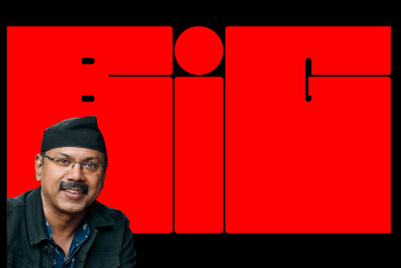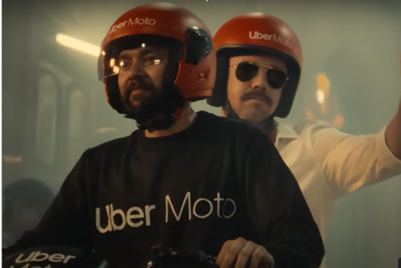
In 2020, in the midst of the initial COVID-19 outbreak, BBDO invested in a global virtual training programme to fill the gap on missed serendipitous learning opportunities that happen in person.
The programme’s global roll-out, supported by training modules from Facebook and Google, was a success, with 3,000-plus people across the network completing the training remotely within the first few months.
One year later, as the world has had fits and starts getting back to “normal,” the challenge is to get people to apply what they have learned from this training to client work.
“One of the things we've realised is that the learning curve is steep, but the forgetting curve is steeper,” said Andrew Robertson, BBDO Worldwide CEO. “The big shift we've been trying to make with our training over the last 12 months was to move from understanding and learning into exercising and implementing what we're learning directly.”
In order to make learnings tangible, BBDO set a goal for employees to immediately apply their training directly to client briefs. As a result, two teams were selected to apply what they learned from the Google Creative Accelerator Program (CAP), developed for BBDO talent to better apply data and insights to creative ideas, to 10 client briefs.
“We had done a lot of training on best practices using Google Analytics and built that into our strategic planning process,” Robertson said. “We ended up with 10 briefs and then worked very closely with the Google Analytics and YouTube ratings teams to develop campaigns, execute them and measure results.”
The approach resulted in a successful data-driven creative campaign for cat food brand Sheba. The campaign was built on the insight that cat owners are often woken up in the middle of the night by their furry friends, who are instinctually wired to go hunting around 4am.
“We found that a large percentage of people who are woken up at 4am look at their phones,” Robertson said. “So we designed this whole programme to help people go back to sleep.”
BBDO created a five-hour YouTube video designed to put cat owners back to sleep. To target cat owners, it seeded the campaign with 36 personalised pre-roll ads that included user-generated videos of cats waking their owners up in different ways—a scratch on the arm, a paw in the face—that resonated with the viewer the most. The ads included a call-to-action to the full five-hour video.
“Because we collaborated [with Google], we were able to really understand how and when to talk to people, and what to say at different points,” Robertson said.
The personalised approach drove 8 million views of the full video within four days—84% of which were at exactly 4am.
“If you think about what consumers want today, and therefore, what we have to create and deliver for them, it is effortless, seamlessly connected, magical experiences across increasingly non-linear purchase journeys,” Robertson said. “A key to being able to properly design, create and deliver those experiences is a deep understanding of the data and analytics that can help.”
In addition to the Google CAP program, BBDO is continuing to work with Facebook as well as Snap, TikTok and Instagram globally on similar training that help its people leverage the insights at their disposal for clients. All training modules live within BBDO IQ, a new centralised learning platform for global employees.
Over the next few months, as it adds more training content BBDO IQ, BBDO hopes that its offices and teams can curate their own “curriculums” within the platform to customize training for their teams.
“This is something which I believe is a strategic imperative,” Robertson said. “How do we keep improving the capabilities of our people to ensure they are better able to deliver against the requirements that an evolving market demands?”
(This article first appeared on CampaignLive.com)


.jpg&h=334&w=500&q=100&v=20250320&c=1)
.jpg&h=334&w=500&q=100&v=20250320&c=1)



.jpg&h=334&w=500&q=100&v=20250320&c=1)
.jpg&h=334&w=500&q=100&v=20250320&c=1)


.jpg&h=334&w=500&q=100&v=20250320&c=1)
.jpeg&h=268&w=401&q=100&v=20250320&c=1)







